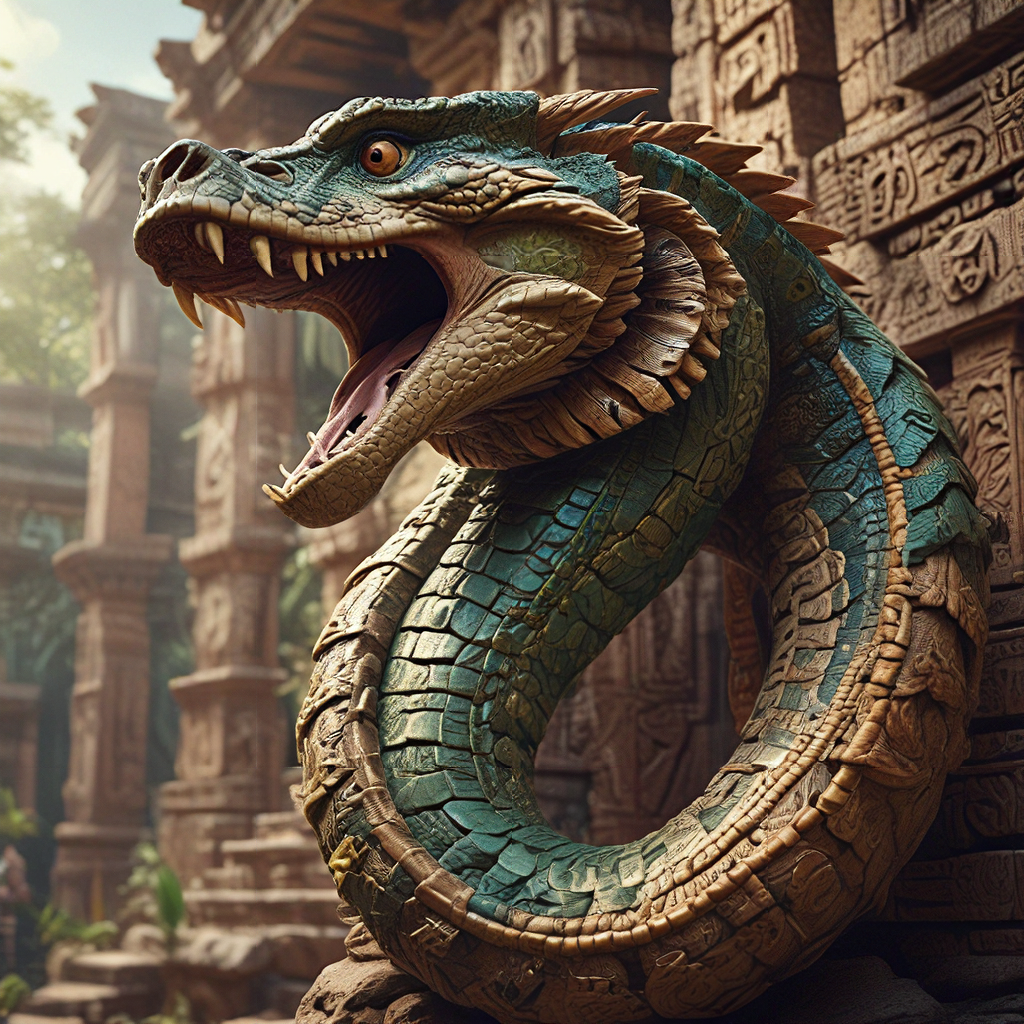Slavic Myths and Cuisine: A Culinary Exploration
Slavic mythology, with its enchanting tales and intriguing deities, has profoundly shaped the culinary traditions and practices of Slavic cultures. This vibrant tapestry of beliefs, rituals, and folklore has given rise to an array of distinct and flavorful dishes, each infused with symbolism and historical significance. Embarking on this gastronomic adventure, we shall delve into the enigmatic realm of Slavic myths, exploring how these ancient stories have left an enduring legacy on the region's culinary landscape.
Origins of Slavic Mythology
славянская мифология Slavic mythology originated in the ancient beliefs and practices of Slavic peoples, whose roots stretch back to the Proto-Indo-European period. Over centuries, Slavic mythology absorbed influences from neighboring cultures, including Germanic, Baltic, and Finno-Ugric traditions, creating a rich and diverse mythological tapestry. These beliefs centered around a pantheon of deities, spirits, and mythical creatures, each playing a vital role in shaping the Slavic worldview and its culinary customs.
Deities and Their Culinary Significance
In Slavic mythology, deities held immense sway over human lives and the natural world, and their influence extended to the realm of cuisine. Perun, the thunder god, was revered as the patron of hospitality and feasts. His symbol, the oak tree, provided acorns that were used to make flour and a type of porridge called "zhir." Veles, the god of cattle and the underworld, was honored through the consumption of dairy products and meat, particularly pork. Makosh, the goddess of fate and fertility, was associated with bread and other baked goods, which symbolized abundance and prosperity.
Myths of Creation and Sustenance
Slavic myths of creation provide insights into the origins of the world and the role of food in sustaining life. According to one myth, the world was created from an egg laid by a giant bird. From the broken eggshells emerged the earth, the sky, and all living creatures. The egg itself symbolized fertility and abundance, and its consumption was believed to bring good fortune and nourishment.
Nature Spirits and Their Influence on Food
Slavic mythology is replete with nature spirits, each embodying a particular aspect of the natural world. These spirits, such as Leshy (the forest spirit) and Vodyanoy (the water spirit), were believed to influence the availability and quality of food. Offerings of food and drink were made to these spirits to ensure their favor and to secure a bountiful harvest or successful fishing expedition.
Animals and Their Symbolic Culinary Roles
Animals played a significant role in Slavic mythology and their symbolic significance extended to the culinary realm. The bear, revered as a sacred animal, was associated with strength and fertility. Bear meat was consumed for its perceived ability to impart these qualities to the eater. Wolves, known for their cunning and resilience, symbolized protection and guidance. Wolf meat was believed to enhance these traits in individuals who consumed it.
Folklore and Traditional Dishes
Slavic folklore abounds with tales of magical foods and their extraordinary properties. The "living water" from certain springs was said to possess healing powers, while "fairy butter" collected from mushrooms was believed to bring good luck. Traditional dishes often incorporated these mythical elements, reflecting the close connection between folklore and cuisine in Slavic culture.
Rituals and Feasting in Slavic Culture
Rituals and feasting were integral to Slavic social and religious life, and food played a central role in these events. During festivals honoring deities, elaborate meals were prepared and shared among the community. These feasts served as a way of expressing gratitude and strengthening social bonds. The consumption of certain foods was believed to ensure good fortune and protect against evil spirits.
Cultural Preservation Through Food
Slavic cuisine has served as a means of preserving cultural identity and tradition. The preparation and consumption of traditional dishes connect people to their heritage and provide a sense of continuity with the past. By passing down culinary knowledge and practices through generations, Slavic communities have ensured the survival of their unique cultural traditions.
Contemporary Culinary Traditions
While Slavic mythology may no longer be as prevalent in contemporary society, its legacy continues to shape culinary traditions in the region. Modern Slavic cuisine incorporates traditional ingredients, techniques, and symbolism, albeit with adaptations to suit modern tastes and preferences. Chefs and food enthusiasts are rediscovering and reimagining ancient recipes, offering diners a glimpse into the rich gastronomic history of Slavic cultures.
The Legacy of Slavic Mythology in Modern Cuisine
The influence of Slavic mythology on modern cuisine extends beyond specific dishes and ingredients. Its underlying principles of reverence for nature, the importance of community, and the power of symbolism continue to resonate with culinary professionals and food enthusiasts alike. Slavic mythology provides a unique lens through which to understand the cultural and historical significance of food, inspiring creativity and fostering a deep appreciation for the culinary heritage of Slavic peoples.
Frequently Asked Questions (FAQs)
Q: What is the most important Slavic deity in relation to cuisine?
A: Perun, the thunder god, was the patron of hospitality and feasts, and was closely associated with the consumption of food and drink.
Q: How did nature spirits influence Slavic cuisine?
A: Offerings of food and drink were made to nature spirits to secure their favor and ensure a bountiful harvest or successful fishing expedition.
Q: What role did animals play in Slavic culinary symbolism?
A: Animals such as the bear and the wolf were revered for their strength, cunning, and resilience, and their meat was consumed to impart these qualities to individuals.
Q: How is Slavic mythology preserved through cuisine?
A: The preparation and consumption of traditional dishes connects people to their heritage, providing a sense of continuity with the past and ensuring the survival of cultural traditions.
Q: What is the legacy of Slavic mythology on modern cuisine?
A: Slavic mythology continues to shape culinary traditions through the incorporation of traditional ingredients, techniques, and symbolism, inspiring creativity and fostering a deep appreciation for the region's gastronomic history.



